Off-grid living may feel foreign to our wired-up, ultra-modern sensibilities, but it’s not as out-of-reach as you might imagine.
Going off-grid means living more sustainably, and helps protect your family and your home from disasters like power failures and other natural disasters. There is, however, a lot to consider.
Will you live on the go, as a city-dwelling nomad, or take the most obvious route and live on your own acres? How will you power your home? How, and who, do you stay in touch with when you absolutely need to be in contact?
There are also practical considerations to account for. What do you use for electricity? What is the best method for water collection? What is the best chainsaw for cutting firewood? We believe we can answer some of these questions.
Living off-grid can mean living as a nomad, taking advantage of all the city has to offer, while living an unplugged lifestyle. But generally, it involves creating your own homestead, living with the electricity you can generate through the wind, water, or solar power, and growing, catching, or hunting your own food.
For many people, what begins as a desire to be self-sustaining often ends in conservationism. However, what that means can vary. It may include a homestead with chickens and cows, acres of vegetables, a treehouse off the beaten path that generates its own solar power, or a host of other options.
Familiarity with tools, both for DIY and for gardening will help you through the first few months, and you’ll learn what works best for your needs and environment. In the meantime, here is our essential list of 20 items you should not forget to take with you, as you plan how to live a more sustainable life, off the grid.
1. Chainsaw
A chainsaw is vital to your homesteading setup. A decent gas or electric-powered chainsaw will work to clear brush, prune trees and chop firewood, all essential skills for building and clearing your homestead.
2. Table saw
A powerful saw that can tackle a variety of DIY projects. A table saw is invaluable for getting those exact measurements to ensure your home is secure, your furniture is comfortable, and your tools are usable.
3. Handsaw
Sometimes, the chainsaw breaks, you run out of gas, or you find you need something lighter and more portable for chopping down trees. A handsaw is a fantastic tool in these cases.
4. Axe
Like a handsaw, an axe is an ideal low-tech tool for chopping wood and clearing brush, to help you create clear paths in your environment. An axe, and something to keep it sharp can help you keep things clear, and chop trees if you’re in the need of something low-tech.
5. Shovel
A good strong shovel will go a lot further than the garden. Shovels can help you level the ground to put in posts or lay down boards, and can help you plant vegetables and fruit, and even dig a well if that’s the route you choose.
6. Rake
A rake is essential for gardening, but it also helps rake up mulch and leaves for a compost heap. A rake will make creating garden beds to grow your own crop a lot easier.
7. Hoe
An ancient tool with continued relevance and use. Another essential tool for the garden.
8. Tiller
The final item on our list for the garden. Whether you choose a battery-powered or manual, a rototiller will help you till the soil and get things ready for planting, as well as bring up earthworms and nutrients, and help keep unwanted weeds from crowding out your crops.
9. ATV
A suitable all-terrain vehicle gives you the option for covering more ground. It also allows you to haul more gear over longer distances, which is great when you’re adding a cistern or looking to build a hanging treehouse or lean-to.
10. Utility Trailer
With an added utility trailer and some sturdy chains, your ATV can haul even more. Whether it comes to hauling equipment or removing tree stumps and other debris from your homestead, an ATV and trailer take a lot less gas than a truck, making it better for your sustainability.
11. Rope
This one’s an obvious one. But good strong rope, nylon cords, and stainless steel C-clips to hold things in place will keep your belongings and equipment secure, wherever you go.
12. Tractor
A tractor may feel like a luxury item, but as your crops continue to grow, especially if you have your own livestock, like chicken or pig, you’ll want a tractor to get things done quickly and effectively. You can hook them to trailers to haul things or use them to more effectively till the soil.
13. Post Hole Digger
It’s a very specific tool for a very specific job, but your homestead will move a lot smoother with it around! Your post hole digger makes digging for a fence or creating stakes for your vine plants that much easier, and it can even be used to help you dig your well if that’s your choice for finding water!
14. Assorted Hand Tools
As you can see, the right tools are essential for your life as an off-the-grid homesteader[1]. While you’re busy finding all the specialty tools you need, don’t forget the basics. A good wrench and socket set, a claw hammer, and various sizes of screws and bolts should always be on hand. You should also carry a decent multi-tool at all times.
15. Level
As a homesteader, the ability to make even and accurate measurements is often a matter of safety and survival. From leveling pipes to building your cabin, a level will ensure your work is built to last.
16. Knives and Sharpeners
A machete or hunting knife is great if you’re hunting unfamiliar woods, if you plan on hunting game, or even if you’re just clearing the area. A good set out outdoor knives is endlessly useful for hunting game, cleaning fish, or even taking cuttings of wild plants for your garden. Keep them sharp with a decent whetstone.
17. Tape Measure
Ensure you get your measurements right for furniture, cabin, and plot size. Remember, when you’re on your own, ‘measure twice and cut once’ has never been more important.
18. Water Pump and Filter
We’ve discussed a few different options for getting water. You may choose to collect rainwater in a cistern. If you’re close to running freshwater, it could be a good place to get your water. Or you can choose to dig your own well on your land. Whichever route you choose, a water pump and filter system are essential to keep yourself healthy and safe. Easy access to water is incredibly important when it comes to living off-grid, both for the obvious reasons and for energy conservation.
19. Sledge Hammer
A regular claw hammer can only do so much. To make a big impact, you need a heavy sledgehammer to knock together and stabilize structures, or tear down and change things as you go.
20. Wheelbarrow or Dolly
A utility tractor and ATV are great for covering long distances. But a dolly or wheelbarrow is great for smaller jobs around the yard and land, such as handling compost, distributing waste, and clearing out job sites.
What To Expect
Our list is by no means extensive. Just a few things not included in this list:
- A welding knife or blowtorch to cut through metal
- A wedge
- Sturdy cables
- Solar panels and equipment to harness your own energy.
- Irrigation tubes or PVC piping, great for creating your own irrigation system, which saves you time, and energy, when it comes to watering any crops you have.
- Safety equipment like sturdy work gloves, heavy boots, and other equipment that will keep you secure and safe as you work.
Learning to live off-grid is about more than just building the right homestead and learning to grow your own food or build your own irrigation system. Your mentality when beginning your journey into the world of the off-grid living will have a huge impact on how you take on projects, and how well you’re able to live off-grid.
First, think about your motivations for undertaking such a huge change. Are you looking to lower your carbon footprint? Protect your family from natural or global disaster? Or simply live a cleaner and more fulfilling lifestyle? If you’re okay starting with the barest essentials and building up to producing your own electricity or running a homestead with livestock and a wide variety of produce, you’ll obviously need less, to begin with. But you should think realistically about the upfront costs, and about what you are willing to sacrifice, and your personal timeline.
Second, think about the sacrifices you’ll need to make. Will it mean a move out to the city, or will you choose to join a tiny house or campground community with neighbors to help make the transition easier? How remote and out of touch will you be? How will you ensure your own safety? Staying remote and unplugged is one thing, but you don’t want to be impossible to contact in an emergency. And keep a reasonable number in mind when considering how much you are willing to spend to go off-grid. It’s true that many people go off-grid to save money on housing, utilities, and to be more self-sufficient. And in many ways, you spend less on things you don’t need. But the upfront costs of going completely off-grid and living off a completely independent electrical system is about $30,000 upfront. Creating a sustainable living situation you can grow into is ideal, and will set you up for success later on, instead of setbacks.
When it comes to tools you’ll need for an off-grid lifestyle, your priorities dictate the tools you need. From the garden to generating your own electricity, to living away from the noise and over-stimulation of modern life, there is always something to be worked on. But with these basics on hand, you should be able to tackle most of the basics to begin your off-grid lifestyle.
Resources
[1] https://www.motherearthnews.com/homesteading-and-livestock/self-reliance/living-off-the-grid-zmaz10fmzraw









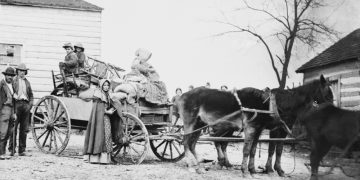



















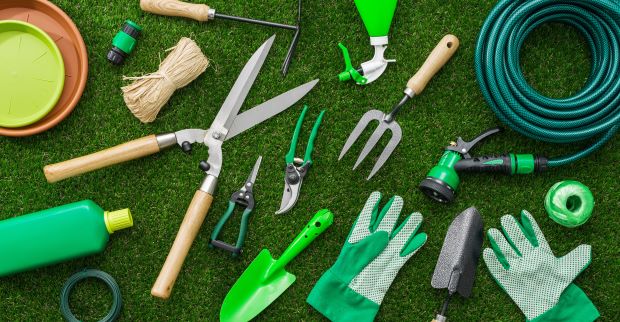

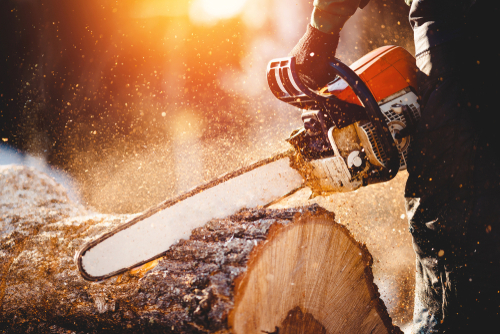
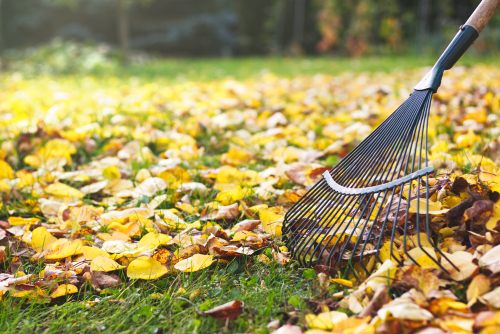
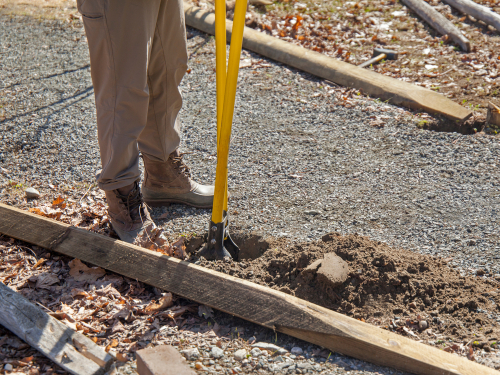
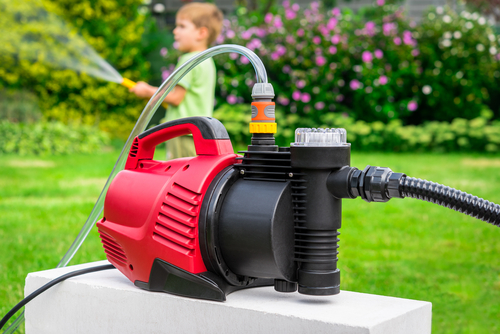

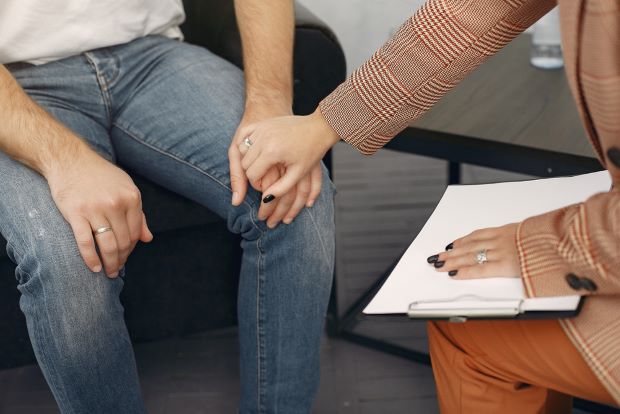























































I’m sorry, but I don’t understand. Off grid means no electricity, no gas/ diesel,no internet, no phone. How then do you use these things when going off grid?
Kerry:
Going off the Grid means using solar power, generators and such. We have a wood heat stove and a wood cook stove. I love them. We are wanting to get a generator for our home in case of emergency. I would love to be totally off the grid by using solar and wind but at this time we can’t afford it. On 2 Disabled Veterans pensions doesn’t make for a lot of money coming in.
Great suggestions for the NOVICE! Presently, a Professional Survivalist!! Retired Educator, Military officer, Survival instructor, EMT, Law enforcement, Martial Art instructor, Scuba Diver, Author 9 Books and many other CERTS! living in So, Cal seeking like minded Professionals, please NO ‘want a be’s”!!!! Major Rocko, U,S. Army
If you are worried about EMS causing the grid to go down, gasoline will not be readily available, because the pumps work on electricity. This would render Chain saws, ATVs and Tractors useless.
A GOOD List – Mostly just common sense.
My wife and I have been off grid for 4 years … yes lots of common sense things…we have solar panels for power…two streams for emergency water…our own well for everyday water usage,,,and property that has pasture capability and forest for wood for building as well as heating…as well as animals for food and a root cellar for storage of same…
get things as soon as you can and get off the grid…it’s great!
People- You will also want to have some sort of Crowbar
My one luxury in life is my ride/drive horse. Any off-grid life I may enter must include the horse, which then becomes an asset, replacing the tractor and ATV.
Wow thanks for sharing this awesome info with us, enjoyed every bit of it.
Before I retired i worked with a cluster of technical-minded people. Two had serious scalp scars from not wearing steel helmets when the chains on their chainsaws broke. One other gent had horrendous scars on one arm & hand thanks to his tablesaw. My dad took the tip off one finger in a high school shop class accident. My first wife bought a small electric chainsaw thinking it wud be harmless, but has the scars and disability to prove otherwise. Hand tools can replace these, safer, & not requiring hydro power. Or gasoline which is unstable over time.
In place of an ATV which can be very dangerous I suggest you build or buy a tricycle with a large carrier on the back. It shud have a geared drive so that you can gear down to bull low to move cargo up slopes. ,And it’s possible to electrify it, charging the battery by solar or wind. Try to get one with fat tyres, like mountain bikes have., not narrow streets tyres.
Hi James, hope this helps you find a chain saw. Good luck and be safe What is a good inexpensive chainsaw?
You have prepared a very impressive chainsaw article. I am grateful to you for that. You make it easy to choose between the best chainsaw models.
thanks for sharing this cool post with us. it’s really nice.
great post, relly your post is very informative and valuable for everyone who’s working in the woodworking field are some other. I will appreciate you for this kind of topic that you have described very well. Thanks for sharing your thought with us.
This is a very good post. Excellent.
wow amazing post is this, because you have collected the great tools for woodworking and some other important. Your content is really awesome and valuable, also, the topic is very interesting. Thank you so much